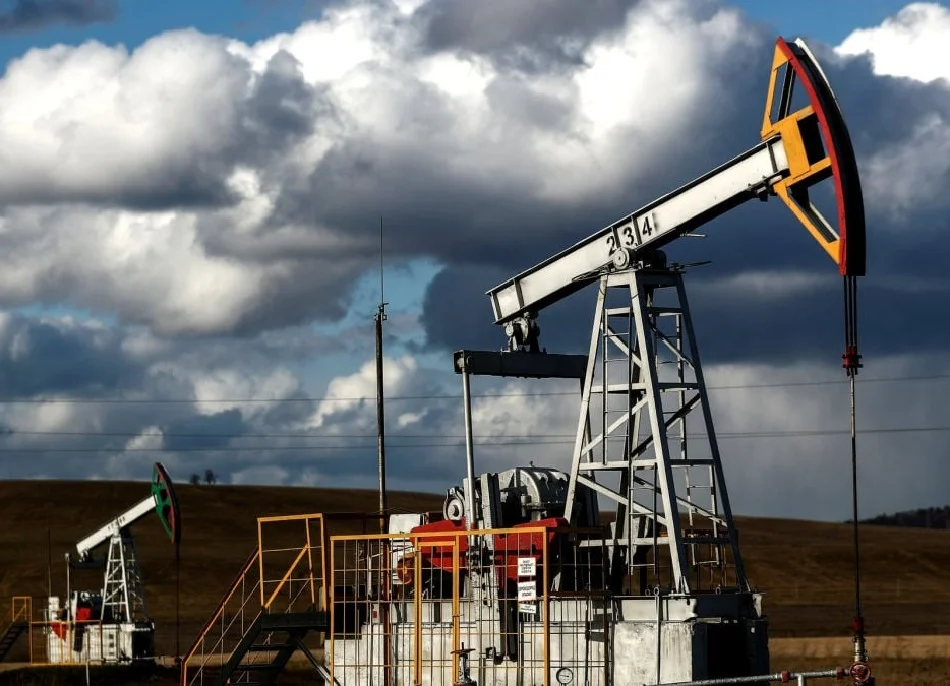EU Sanctions Squeeze India’s Nayara Energy as Saudi Arabia, Iraq Halt Oil Shipments
NEW DELHI, India — Two of the world’s oil giants, Saudi Arabia and Iraq, have abruptly stopped crude shipments to Nayara Energy, India’s second-largest private refinery, following European Union sanctions aimed at curbing Russia’s war chest. The move, tied to Nayara’s 49% ownership by Russian oil behemoth Rosneft, has left the Gujarat-based facility reeling, reliant entirely on Russian crude and struggling to navigate a web of financial and logistical hurdles, DROBRO reports.
The Vadinar refinery, capable of processing 400,000 barrels per day, saw its output plummet to a three-year low of 242,000 barrels daily in August 2025, as Saudi Aramco and Iraq’s SOMO ceased deliveries, citing payment issues triggered by the EU’s July sanctions. The last shipments of Saudi Arab Light and Iraqi Basrah Heavy arrived on July 18 and July 29, respectively, per Kpler data. With Middle Eastern supplies cut off, Nayara has turned to Russia’s Urals crude, a stark shift from last year when nearly a third of its imports came from Gulf exporters.
The EU’s sanctions, part of its 18th package targeting Russia’s energy sector over the Ukraine war, aim to choke off Kremlin revenues fueling the conflict. Nayara, which accounts for 8% of India’s refining capacity, has been a key player in processing Russian oil into fuels, some of which were exported to Europe. The sanctions have not only banned these exports but also disrupted Nayara’s banking channels and forced it to rely on a shadowy fleet of tankers to move its products, as conventional shippers back away. The company’s CEO resigned in July, and a new executive from Azerbaijan’s SOCAR was appointed to steady the ship.
Nayara’s woes reflect a broader geopolitical tug-of-war. India, the world’s third-largest oil importer, has leaned heavily on discounted Russian crude, which now accounts for nearly 40% of its imports, rising by 88,000 barrels per day to 1.69 million in July, according to Bloomberg. But this dependency comes at a cost. U.S. President Donald Trump has ramped up pressure, slapping 50% tariffs on Indian goods and urging New Delhi to curb Russian oil purchases. India’s government, wary of unilateral sanctions, has distanced itself from the EU’s measures, with Foreign Ministry spokesperson Randhir Jaiswal emphasizing that India only recognizes UN-backed sanctions.
For American and European audiences, Nayara’s predicament highlights the ripple effects of sanctions on global energy markets. India’s balancing act—securing affordable oil while navigating Western pressure—underscores the complexities of the Ukraine conflict’s economic fallout. Meanwhile, Nayara is scrambling, seeking government help to find new banking and shipping solutions. As the refinery fights to stay afloat, its struggle serves as a stark reminder of how far-reaching the war’s consequences have become, even in the bustling ports of Gujarat.
Yet, India’s vibrant energy sector and rich cultural tapestry continue to captivate. From Gujarat’s historic temples to its bustling markets, the region offers a compelling destination for travelers eager to explore a nation at the crossroads of tradition and modernity. Nayara’s challenges may dominate headlines, but India’s resilience shines through, making it a must-visit for those seeking to understand the pulse of a global powerhouse.
